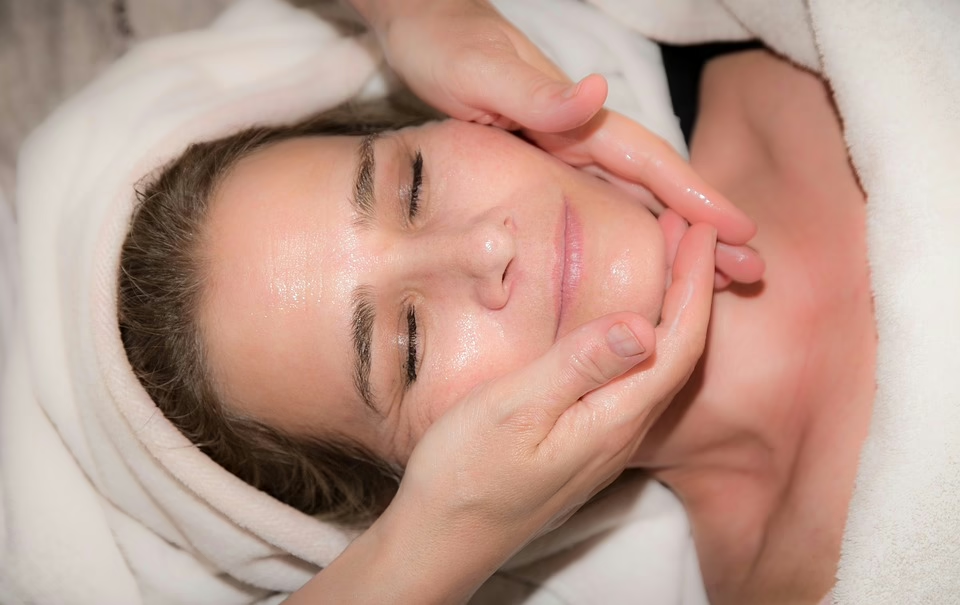Sleep Smarter: Tips and Tricks for Achieving Restful Nights
Sleep is a fundamental aspect of human health, influencing everything from cognitive function to physical well-being. Yet, for many, achieving a restful night’s sleep can feel elusive. This comprehensive guide will provide actionable tips and tricks to help you sleep smarter, ensuring you wake up refreshed and ready to take on the day.
Understanding Sleep
Before diving into tips and tricks, it’s essential to understand what sleep is and why it’s critical. Sleep is a complex biological process that allows our body to recover, restore energy, and consolidate memories. It consists of several stages—NREM (Non-Rapid Eye Movement) and REM (Rapid Eye Movement)—each serving different functions.
The Importance of Sleep
-
Physical Health: Sleep plays a crucial role in healing and repair of the heart and blood vessels. Chronic sleep deprivation can contribute to conditions like obesity, diabetes, heart disease, and high blood pressure.
-
Mental Health: Lack of sleep can exacerbate feelings of stress, anxiety, and depression. A good night’s rest supports emotional regulation and cognitive function.
-
Cognitive Functioning: Sleep helps with attention, problem-solving, and decision-making. Studies have shown that sleep deprivation can impair reasoning and reduce creativity.
Factors Affecting Sleep Quality
Several factors can impede your ability to achieve restful sleep, including:
- Stress and Anxiety: Worries and stress can lead to insomnia or restless nights.
- Screen Time: Exposure to blue light from electronic devices can disrupt the natural circadian rhythm.
- Diet: Caffeine, alcohol, and large meals can affect sleep quality.
- Environment: Noise, light, and temperature can all impact your ability to fall asleep.
Tips for Better Sleep
1. Create a Sleep Schedule
Establish a consistent sleep routine by going to bed and waking up at the same time every day, even on weekends. This helps regulate your body’s internal clock, improving the quality of your sleep.
2. Design a Restful Environment
Your sleeping environment should be conducive to rest:
- Temperature: Aim for a cool room, ideally between 60-67°F (15-19°C).
- Lighting: Use blackout curtains to block out light and consider a sleep mask.
- Noise: Use earplugs or a white noise machine to drown out disturbing sounds.
3. Limit Screen Time Before Bed
The blue light emitted by screens can interfere with melatonin production, making it harder to fall asleep. Aim to turn off electronic devices at least an hour before bedtime.
4. Establish a Relaxing Pre-Sleep Routine
A calming bedtime ritual can help signal to your body that it’s time to wind down. Consider activities like:
- Reading a book
- Taking a warm bath
- Practicing yoga or meditation
- Listening to soothing music
5. Watch Your Diet
Your food choices can greatly influence your sleep:
-
Avoid Caffeine and Nicotine: Both are stimulants that can keep you awake.
-
Limit Alcohol: While it might make you feel sleepy initially, alcohol can disrupt sleep later in the night.
-
Consider Sleep-Friendly Foods: Certain foods may promote better sleep, including:
- Almonds: Rich in magnesium, which may help improve sleep quality.
- Kiwi: High in serotonin, which can aid in sleep onset.
- Fatty Fish: Contains omega-3 fatty acids and vitamin D, both of which enhance sleep quality.
6. Exercise Regularly
Regular physical activity promotes better sleep. Aim to exercise for at least 30 minutes most days. However, avoid vigorous workouts close to bedtime, as it can have the opposite effect.
7. Manage Stress and Anxiety
Implement strategies for managing stress that doesn’t involve sleep, such as:
- Mindfulness Meditation: Helps reduce anxiety and enhances overall well-being.
- Deep Breathing Exercises: Promotes relaxation and prepares the body for sleep.
- Journaling: Writing down thoughts can help clear your mind before bed.
8. Consider Sleep Supplements
If you’re struggling with sleep, some natural supplements may help:
- Melatonin: A hormone that regulates sleep-wake cycles, melatonin supplements can help improve sleep onset. Consult a healthcare professional for appropriate dosages.
- Valerian Root: This herbal supplement has been traditionally used for its sleep-promoting properties.
- Magnesium: Known to help relax the body, magnesium can be taken as a supplement or incorporated through dietary sources.
Enhancing Sleep Quality
9. Build Comfort Into Your Mattress and Pillows
Your bed should be a sanctuary for sleep. Invest in a quality mattress and comfortable pillows that suit your sleeping style (back, side, or stomach). Regularly replace them according to manufacturer guidelines, typically every 7-10 years.
10. Use Sleep Technology Wisely
Various apps and devices can assist in tracking and improving sleep. However, these should be used judiciously. Some options include:
- Sleep Trackers: Provide insights into sleep patterns and potential issues.
- Meditation Apps: Offer guided sessions specifically designed to aid sleep.
11. Limit Naps
While short naps can be beneficial, long or irregular napping during the day can negatively affect your nighttime sleep. If you nap, aim for 20-30 minutes and do so early in the afternoon.
12. Avoid Clocks
Constantly checking the time can heighten anxiety about sleep. Turn the clock away from view or use a lack of light alarm clock for waking.
13. Seek Professional Help
If you consistently struggle with sleep, consider consulting a sleep specialist. Conditions like sleep apnea, restless legs syndrome, or chronic insomnia may require professional intervention.
Conclusion
Achieving restful nights is not merely about clocking hours in bed; it’s about cultivating an environment and lifestyle that promotes quality sleep. By implementing these tips and tricks, you can improve not only the quality and duration of your sleep but also your overall health and well-being. Remember, sleeping smarter is a journey—embrace it, and savor the benefits of well-deserved rest.
Feel free to customize sections or ask for specific adjustments!


























Add Comment